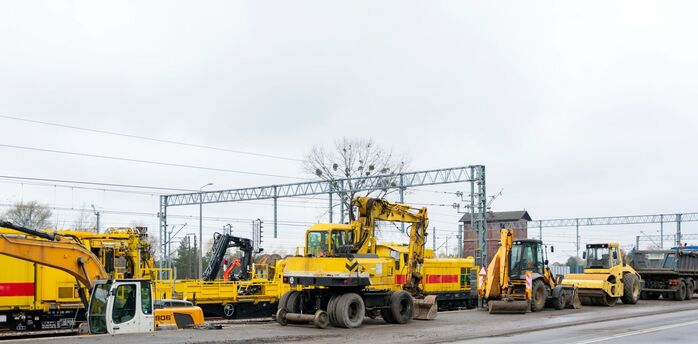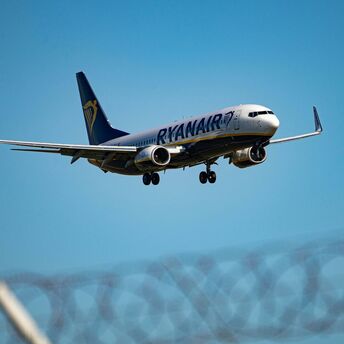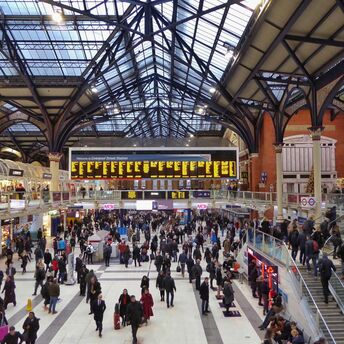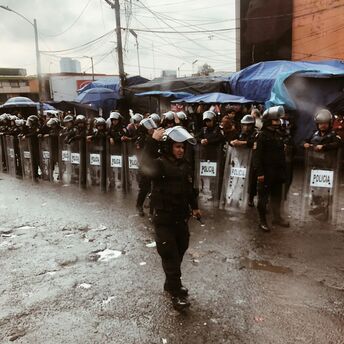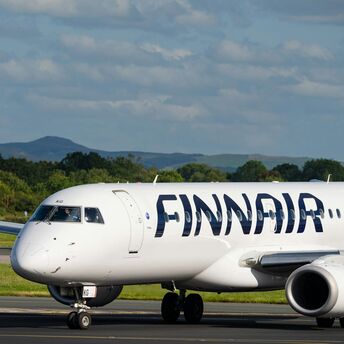Germany Ticket: In 2024, Germany will continue to offer a pass for public transportation for 49 euros
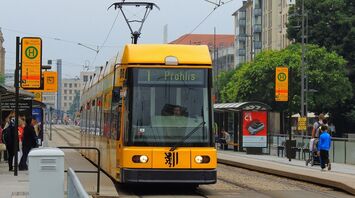
Since its launch in April of last year, the German public transport ticket priced at 49 euros has proven to be extremely popular. Thanks to this year's public funding, travelers can continue to take advantage of this benefit.
Within the first month of its release, more than three million Germans purchased the Deutschlandticket. Authorities have labeled the ticket as "the biggest public transportation reform in German history," granting the right to an unlimited number of trips on local and regional public transport across the country, as reported by euronews.com.
The government has confirmed that the pass will remain valid in 2024, and its price will remain unchanged until the end of the year.
According to Ingo Wortmann, head of Munich's MVG transport authority, local and regional companies are facing pressure from high inflation, but ticket revenues remain low.
"So far, the policy is absorbing the difference with the previous income of the transport company," he added.
Although a price increase was anticipated this month, transport ministers decided to reallocate unspent funds from 2023 to finance this year's scheme.
What is the Deutschlandticket?
Also known as a "D-ticket," this travel card costs 49 euros per month, approximately 1.60 euros per day. It is valid for all city buses, subways, and trams in municipalities across Germany, as well as for short- and medium-distance transport, including trains. However, it cannot be used for long-distance trains operated by DB Fernverkehr AG (including RE) or other suppliers such as FlixTrain (IC, EC, ICE).
Introduced to combat rising inflation after Russia's invasion of Ukraine, the ultra-cheap pass gained extreme popularity. In June, July, and August, more than 52 million tickets were sold.
Of the 3 million people who purchased it within the first month after launch, at least 750,000 had never used a public transportation pass before.
The German association of transport companies, VDV, claims that about 1.8 million tons of carbon emissions were saved in those three months.
For the time being, the federal and state governments will continue to finance the deficit, mitigating the impact of inflation and material costs on public transport companies.


